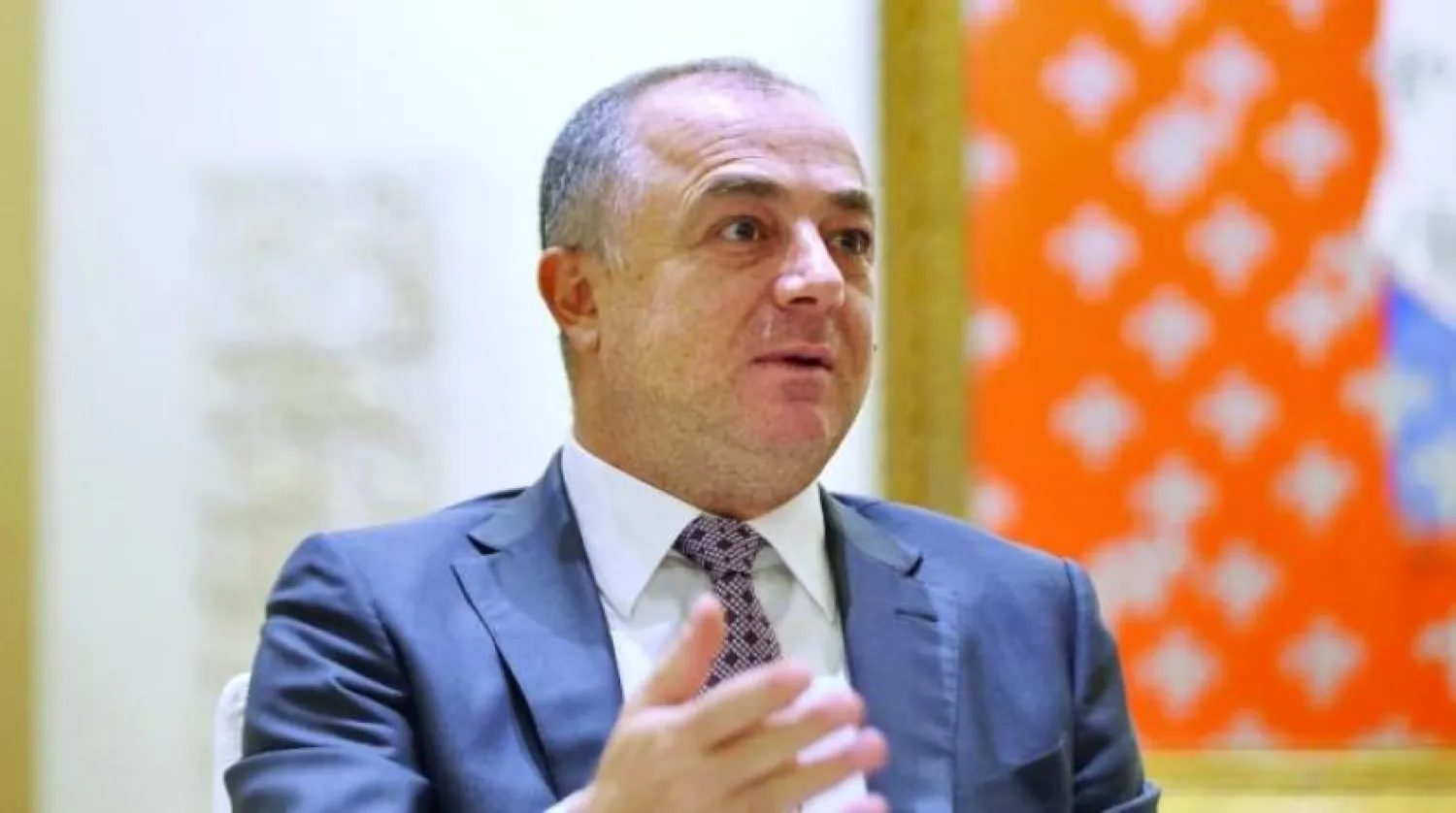Lebanon’s Deputy Speaker Elias Bou Saab has called for communicating “directly and publicly” with Damascus to delineate the maritime border between Lebanon and Syria, following a recent border demarcation agreement with Israel.
“The Lebanese government must engage directly and publicly with the Syrian government... and publicly demarcate our sea border,” Bou Saab told AFP in an interview.
“Any future government must undertake this task and put Lebanon’s interest first," he stressed, while “leaving regional political conflicts out of this matter.”
Bou Saab’s call comes about two weeks after Lebanon and Israel concluded an agreement to demarcate their maritime borders, which allowed Israel to start producing gas from a disputed area, while Lebanon, mired in economic collapse, hopes to start drilling soon.
According to Bou Saab, the disputed maritime area between Lebanon and Syria is “perhaps more than 800 square kilometers (310 square miles)."
It could be “larger than the disputed area with Israel”, he added.
He noted that Lebanon would not be able to begin gas exploration in the northern part of the waters off its Mediterranean coast without first resolving its border dispute with Syria.
The Lebanese presidency had announced last month that an official delegation would go to Damascus to discuss the demarcation of the maritime borders, but the visit did not take place.
Bou Saab stated that demarcation cannot be done quickly and “suddenly” after years of interruption, adding: “Syria is a country that has its own reservations and demands.”
A day after the announcement of the demarcation of the maritime borders with Israel, Lebanon and Cyprus agreed on a joint formula to demarcate the borders between them, without having signed an agreement yet.
Bou Saab said: “In a single day, we agreed to change our border with Cyprus," based on the new coordinates with Israel.
Under the agreement with Israel, Lebanon gained full rights to operate and explore the Qana or Sidon field.
Bou Saab said that French giant TotalEnergies and Italian energy giant Eni have been licensed to explore the field. Russia’s Novatek was initially part of the consortium but later withdrew, with Qatar stepping up to join, Bou Saab said.
“Qatar will have a 30 percent stake after an agreement between the three companies, while Eni and Total will each have 35 percent,” he revealed, adding that the companies are expected to start operating in three to four months.
He also pointed to the readiness of other Arab and Gulf countries to invest in Lebanon’s oil sector.









